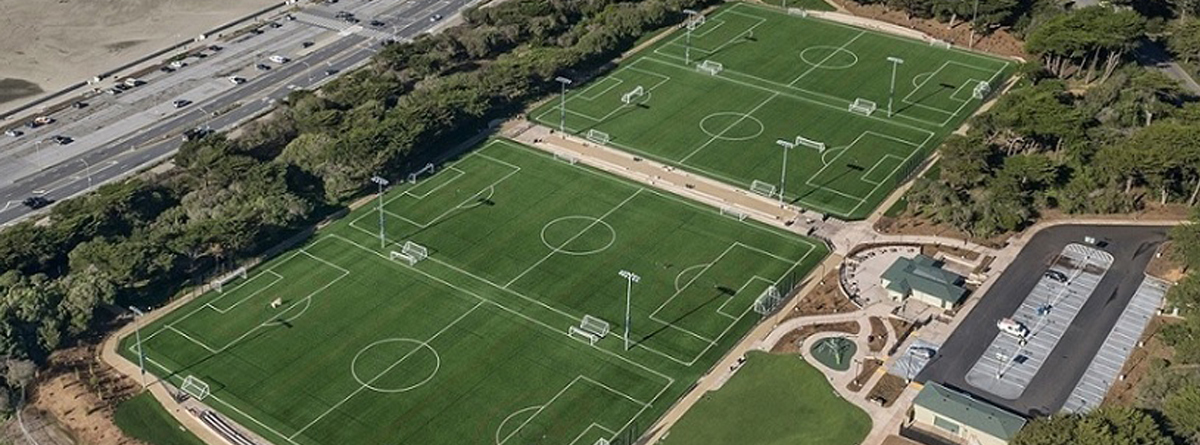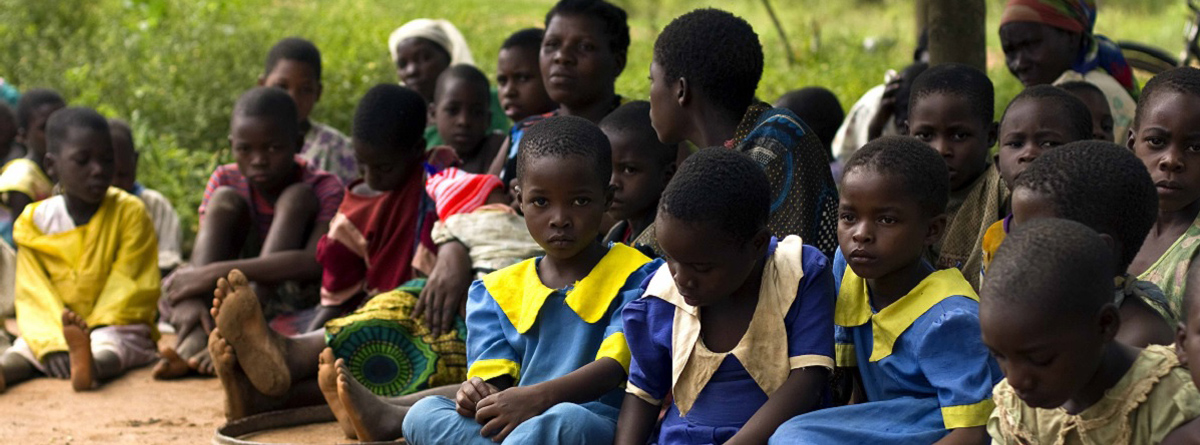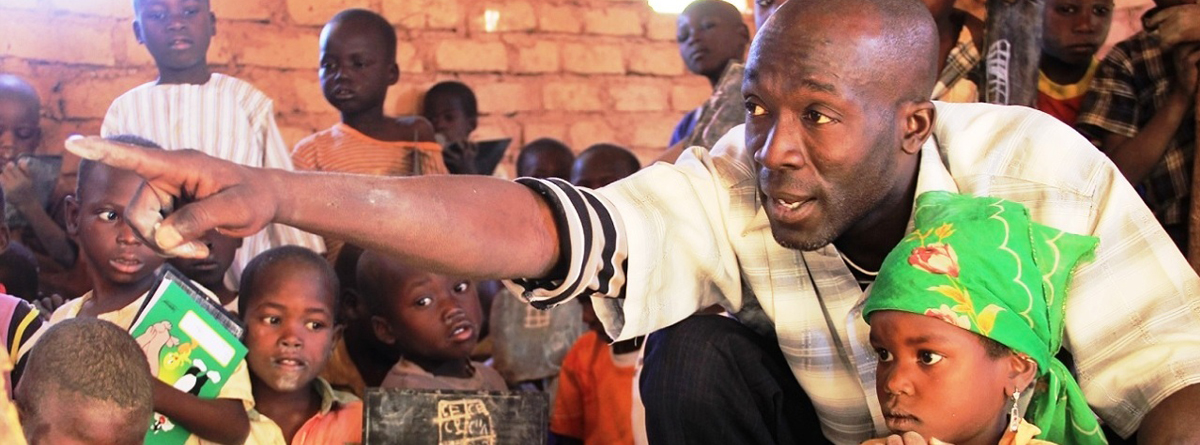
The Diaspora
World Cup
World Cup
|
|
Mexico
Columbus - Dublin
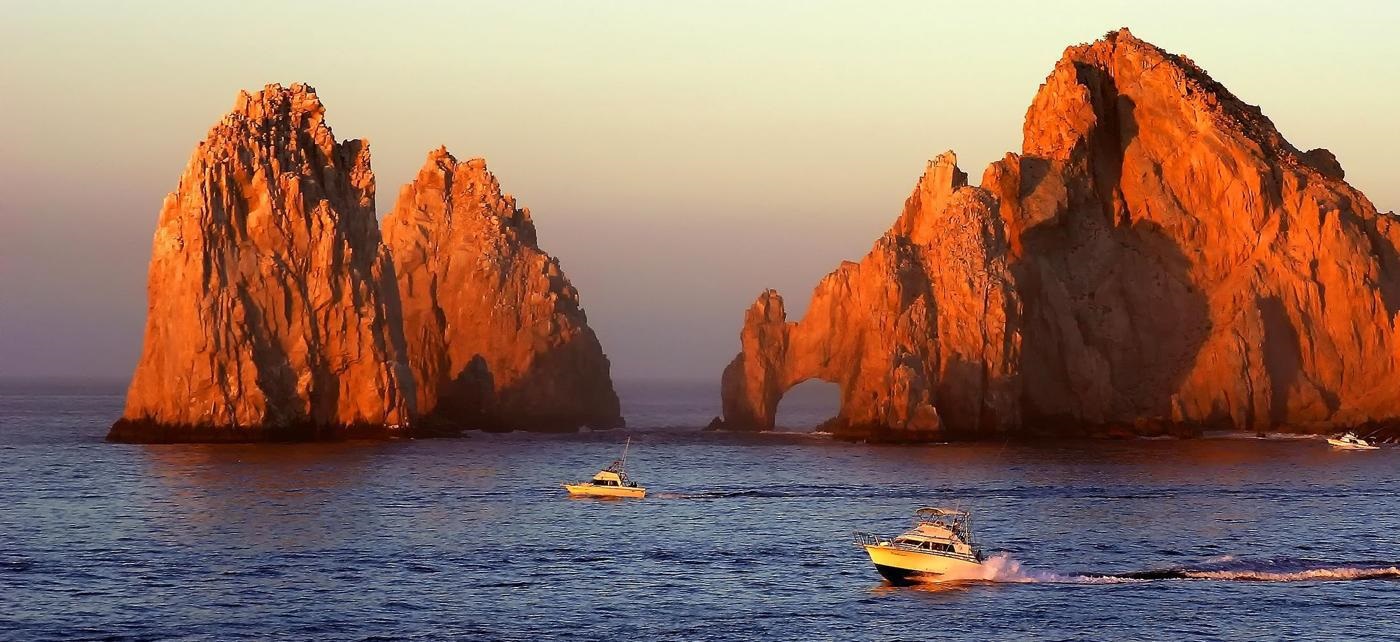
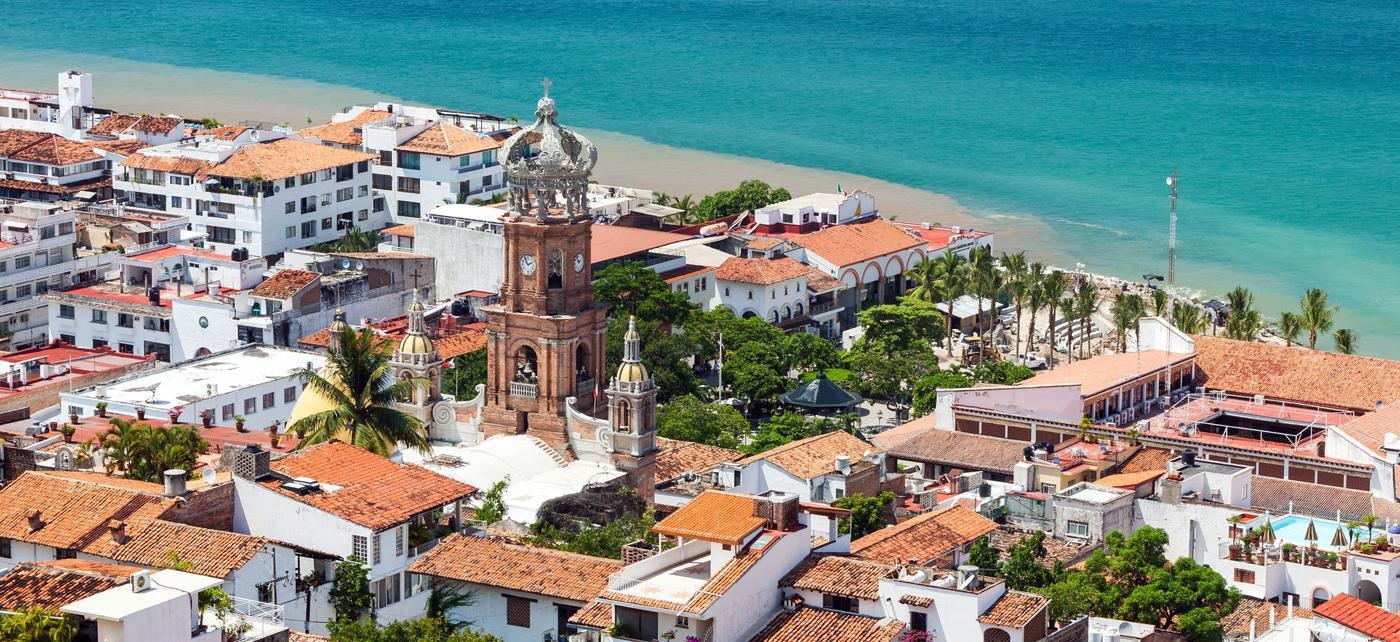
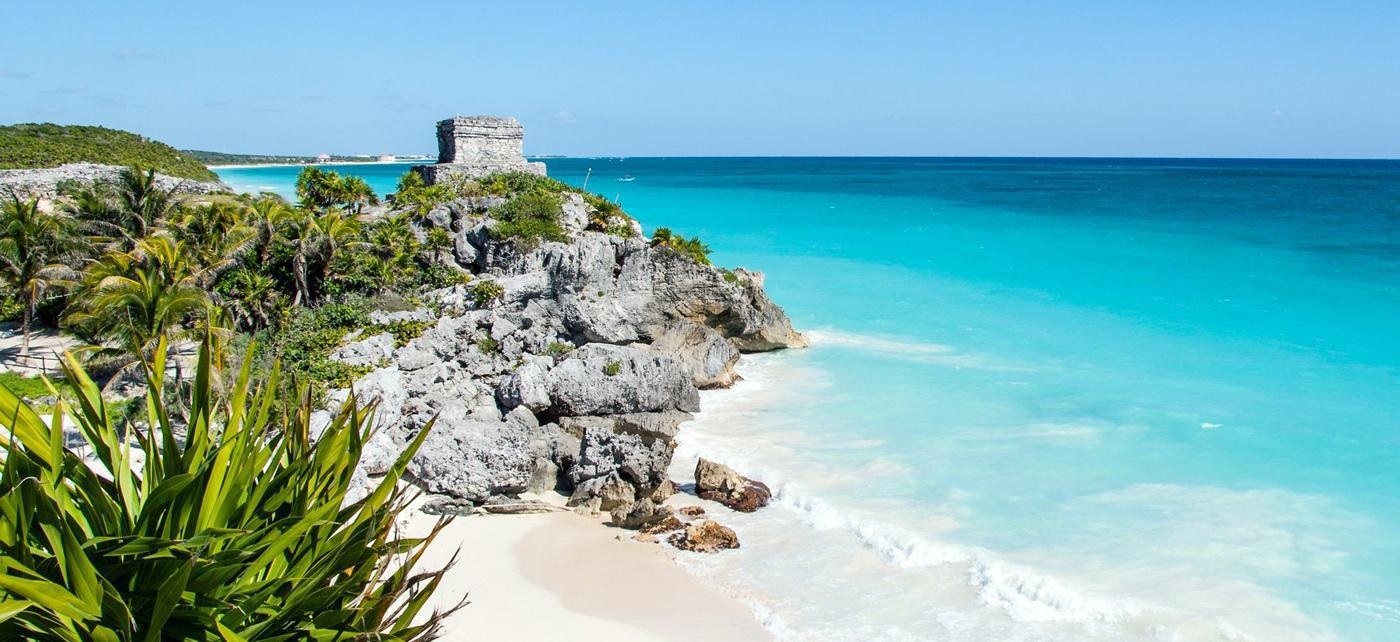
Perfil
The United Mexican States, commonly known as Mexico, is a federal constitutional republic in North America. It is bordered on the north by the United States; on the south and west by the Pacific Ocean; on the southeast by Guatemala, Belize, and the Caribbean Sea; and on the east by the Gulf of Mexico. Covering almost two million square kilometers (over 760,000 sq mi), Mexico is the fifth largest country in the Americas by total area and the thirteenth largest independent nation in the world. With an estimated population of over 112 million, it is the eleventh most populous country and the most populous Spanish-speaking country. Mexico is a federation comprising thirty-one states and a Federal District, the capital city.
The earliest human remains in Mexico are chips of stone tools found near campfire remains in the Valley of Mexico and radiocarbon-dated to ca. 21,000 BCE. Around 9,000 years ago, ancient indigenous peoples domesticated corn and initiated an agricultural revolution, leading to the formation of many complex civilizations. Between 1,800 and 300 BCE, many matured into advanced pre-Columbian Mesoamerican civilizations such as: the Olmec, Izapa, Teotihuacan, Maya, Zapotec, Mixtec, Huastec, Purepecha, Totonac, Toltec and Aztec: Mexica, which flourished for nearly 4,000 years before the first contact with Europeans.
In Pre-Columbian Mesoamerica many cultures matured into advanced civilizations such as the Olmec, the Toltec, the Teotihuacan, the Zapotec, the Maya and the Aztec before the first contact with Europeans. In 1521, Spain conquered and colonized the territory from its base in México-Tenochtitlan, which was administered as the Viceroyalty of New Spain. This territory would eventually become Mexico as the colony independence was recognized in 1821. The post-independence period was characterized by economic instability, the Mexican-American War and territorial cession to the United States, a civil war, two empires and a domestic dictatorship. The latter led to the Mexican Revolution in 1910, which culminated with the promulgation of the 1917 Constitution and the emergence of the country's current political system. Elections held in July 2000 marked the first time that an opposition party won the presidency from the Institutional Revolutionary Party.
The United Mexican States are a federation whose government is representative, democratic and republican based on a presidential system according to the 1917 Constitution. The constitution establishes three levels of government: the federal Union, the state governments and the municipal governments. According to the constitution, all constituent states of the federation must have a republican form of government composed of three branches: the executive, represented by a governor and an appointed cabinet, the legislative branch constituted by a unicameral congress and the judiciary, which will include called state Supreme Court of Justice. They also have their own civil and judicial codes.
Mexican films from the Golden Age in the 1940s and 1950s are the greatest examples of Latin American cinema, with a huge industry comparable to the Hollywood of those years. Mexican films were exported and exhibited in all of Latin America and Europe. Maria Candelaria (1944) by Emilio Fernández, was one of the first films awarded a Palme d'Or at the Cannes Film Festival in 1946, the first time the event was held after World War II. The famous Spanish-born director Luis Buñuel realized in Mexico, between 1947 to 1965 some of him master pieces like Los Olvidados (1949), Viridiana (1961) and El angel exterminador (1963). Famous actors and actresses from this period include María Félix, Pedro Infante, Dolores del Río, Jorge Negrete and the comedian Cantinflas.
The earliest human remains in Mexico are chips of stone tools found near campfire remains in the Valley of Mexico and radiocarbon-dated to ca. 21,000 BCE. Around 9,000 years ago, ancient indigenous peoples domesticated corn and initiated an agricultural revolution, leading to the formation of many complex civilizations. Between 1,800 and 300 BCE, many matured into advanced pre-Columbian Mesoamerican civilizations such as: the Olmec, Izapa, Teotihuacan, Maya, Zapotec, Mixtec, Huastec, Purepecha, Totonac, Toltec and Aztec: Mexica, which flourished for nearly 4,000 years before the first contact with Europeans.
In Pre-Columbian Mesoamerica many cultures matured into advanced civilizations such as the Olmec, the Toltec, the Teotihuacan, the Zapotec, the Maya and the Aztec before the first contact with Europeans. In 1521, Spain conquered and colonized the territory from its base in México-Tenochtitlan, which was administered as the Viceroyalty of New Spain. This territory would eventually become Mexico as the colony independence was recognized in 1821. The post-independence period was characterized by economic instability, the Mexican-American War and territorial cession to the United States, a civil war, two empires and a domestic dictatorship. The latter led to the Mexican Revolution in 1910, which culminated with the promulgation of the 1917 Constitution and the emergence of the country's current political system. Elections held in July 2000 marked the first time that an opposition party won the presidency from the Institutional Revolutionary Party.
The United Mexican States are a federation whose government is representative, democratic and republican based on a presidential system according to the 1917 Constitution. The constitution establishes three levels of government: the federal Union, the state governments and the municipal governments. According to the constitution, all constituent states of the federation must have a republican form of government composed of three branches: the executive, represented by a governor and an appointed cabinet, the legislative branch constituted by a unicameral congress and the judiciary, which will include called state Supreme Court of Justice. They also have their own civil and judicial codes.
Mexican films from the Golden Age in the 1940s and 1950s are the greatest examples of Latin American cinema, with a huge industry comparable to the Hollywood of those years. Mexican films were exported and exhibited in all of Latin America and Europe. Maria Candelaria (1944) by Emilio Fernández, was one of the first films awarded a Palme d'Or at the Cannes Film Festival in 1946, the first time the event was held after World War II. The famous Spanish-born director Luis Buñuel realized in Mexico, between 1947 to 1965 some of him master pieces like Los Olvidados (1949), Viridiana (1961) and El angel exterminador (1963). Famous actors and actresses from this period include María Félix, Pedro Infante, Dolores del Río, Jorge Negrete and the comedian Cantinflas.
País Ubicación


